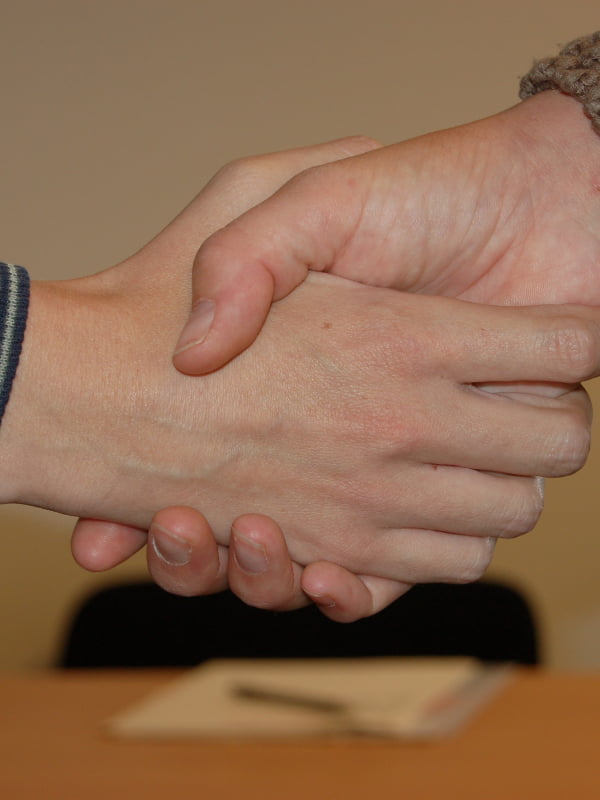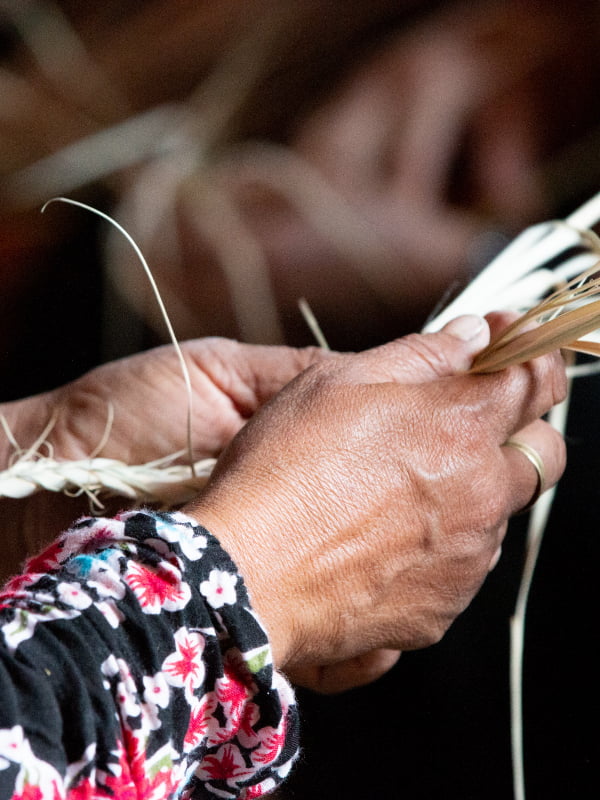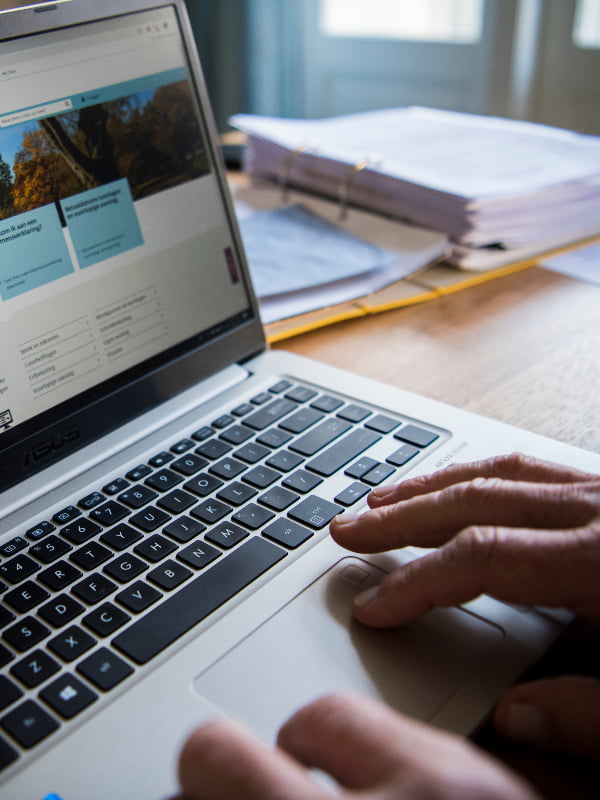Water as Leverage for urban water climate resilience - WaL
Water as Leverage (WaL) promotes sustainable social, economic, and water climate resilience, serving as a catalyst for development. With research by design, WaL gives substance to project development innovatively and inclusively. It connects urban climate action (mitigation and adaptation) with social development, employment, sustainable economic development and biodiversity recovery.
Climate change harshly affects rapidly growing cities. Yet, cities are also part of the solution. Water is the connecting factor in cities' sustainable development, presenting the largest risk and the best connecting opportunity. It brings all people, their needs and opportunities together.
Objectives
Water as Leverage aims to accelerate climate change adaptation worldwide. The programme uses innovative interventions developed in and with vulnerable communities. WaL also works with partners who will supervise the implementation. Results-driven collaboration is essential across all sectors, layers of government, and stakeholders.
Water as Leverage:
- Ensures active involvement of stakeholders, local communities, and the public, private and financial sectors;
- Promotes coalitions, creates ownerships and improves institutional and societal capacity in building climate-resilient cities;
- Develops design-driven, fundable infrastructural projects addressing urban challenges.
- Creates a better living environment in cities; and
- Inspires shifts in our way of thinking. WaL motivates shifts in process and funding perspectives to solve complex urban challenges.
For whom
The programme challenges Dutch and international businesses to build locally-based partnerships. These partnerships design, develop and implement innovative concepts for urban sustainable development.
WaL's foundation is an integrated and inclusive approach involving everybody. WaL includes banks, communities, governments, designers, and so on. This approach enables participants to become 'guardians of the body of thought'. This is especially critical for financiers. Vulnerable communities are the focal point of the project. The programme involves them from the beginning, aiming to improve their living environments.
"Water as leverage is all about resilience. As citizens, we will feel the impact of climate change. If we want to have liveable cities, we have to leverage water through engaging communities."
Countries
WaL operates worldwide with city initiatives in
- Nakuru (Kenya): The Global Water as Leverage Journey
- Cartagena (Colombia): Inicio - Water as Leverage (in Spanish)
- Chennai (India): Rising Waters, Raising Futures Chennai project and City of 1000 Tanks
- WaL Wadden (Denmark, Germany, and the Netherlands): Setting the scene report for WaL Wadden Sea Region
- Khulna (Bangladesh): Natural Drainage Solutions
- Semarang (Indonesia): Cascading Semarang project and One Resilient Semarang.
Background information
Climate change-induced floods, droughts, pollution, starvation, diseases, and conflicts fundamentally relate to water. Combined with fast and unplanned urbanisation, these issues threaten the resilience of life support mechanisms. Cities face water-related challenges, growing population densities and urban expansion.
The division between science, national and local governance, communities and financiers of urban infrastructure and housing development leads to disconnection. It also interferes with sustainable urban development. It often worsens water and climate risks instead of reducing them. Yet, when water is a lever and a unifying force in sustainable urban development, cities can become part of the solution.
The global Water as Leverage (WaL) initiative is based on the conviction that cities can become part of a solution when water is a lever and a unifying force for sustainable urban development. The programme connects science and research, design, finance and implementation practices with inclusive urban partnerships. WaL facilitates resilient solutions by connecting
- long-term urban planning with short-term innovative transformations,
- ambitious climate adaptation plans with bankable projects, and
- water system knowledge with developing resilient cities.
WaL aims to reconsider and change urban climate resilience planning and practice. 3 main transitions are the programme's basis for change:
- Breaking through the funding lock-in for the pre-project preparation through public-private partnerships in a high-pressure environment.
- Overcoming fragmentation in project development through a 'lifecycle by design collaboration and science-based' approach. Involving the financial sector early, promoting community partnerships, and increasing opportunities for blended finance and public-private partnerships.
- Broadening the focus to include the project and process. Enabling environments for sustainable impact.
WaL initiatives span many parts of the world. The first Water as Leverage for Resilient Cities Asia (WaL Asia) programme started in 2018. It tackled urban climate water-related challenges in Chennai (India), Khulna (Bangladesh), and Semarang (Indonesia). RVO carried out the programme, which started with a call for action for a collaborative and comprehensive process. It aimed to identify the most ground-breaking proposals and develop and implement these projects as catalysts for resilient change. The WaL Asia programme is ongoing with Khulna and Semarang in the next feasibility phase. Chennai is working to upscale the demonstration project at the neighbourhood and city levels. Water as Leverage is embarking on a global journey with programmes ongoing in Cartagena (Colombia), WaL Wadden (Denmark, Germany, and the Netherlands), and Nakuru (Kenya). Follow-up on other leads will take place in Bangkok (Thailand), Indonesia, Oaxaca (Mexico), and Prayagraj (India).
The WaL approach rethinks urban water climate resilience through 8 project lifecycle principles. These principles include:
- embracing water as an opportunity,
- moving from fragmentation into integration,
- being inclusive from start to end,
- using design as an integrative instrument,
- investing in pre-project phases,
- focusing on bankable projects,
- nurturing a culture of change, and
- connecting local with global levels.
The WaL global partnership innovates and integrates learnings to enrich, deepen, and expand our understanding of what it takes to achieve our ultimate mission of resilient cities worldwide.
The 8 principles
- Embrace water as a connector and opportunity
- From fragmentation to integration: breaking silos and spanning boundaries
- Inclusive to all from start to end
- Invest in pre-project development to ensure continuity
- Connecting by design
- Develop bankable, integrated and inclusive projects
- Nurture the culture of change
- Connect local and global.
The 6 steps
- Initiation and preparation
- Project ideation
- Pre-feasibility and feasibility
- Implementation
- Operation and maintenance
- Upscaling.
More information
Would you like to learn more about the Water as Leverage projects and lessons learnt? See the World Water Atlas website.
Contact us at wal@rvo.nl
- Ministry of Infrastructure and Water Management



